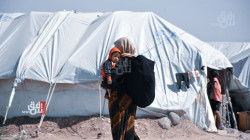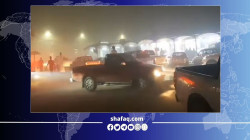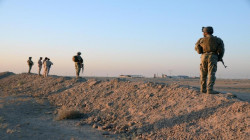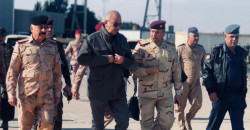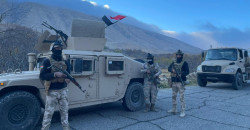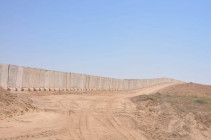Nineveh declared 100% secure amid unprecedented border fortifications
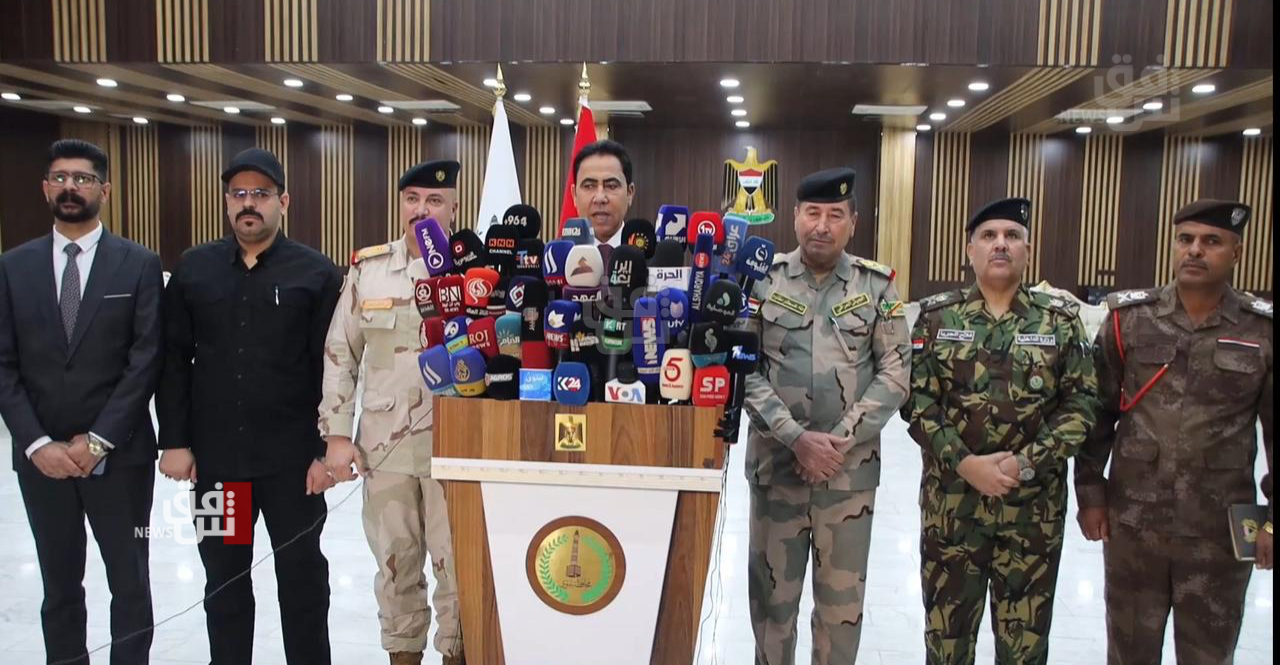
Shafaq News/ On Tuesday, Abdul Qader Al-Dakhil, head of the Supreme Security Committee in Nineveh, declared the province is “100% secured,” emphasizing the complete control of Iraqi forces over the Syrian border.
“Nineveh is safe, and there are no grounds for fear or concern about security breaches,” Al-Dakhil reassured, addressing the residents of Nineveh and all Iraqis.
Al-Dakhil pointed out that the borders are undergoing unprecedented fortification, including “a 3-meter-high concrete wall, trenches along the border strip, thermal camera surveillance, and barbed wire.” He noted that these measures are backed by the presence of Iraqi forces, including border guards, the Iraqi army, federal police, and the Popular Mobilization Forces (PMF), which collectively maintain control over the extended border areas.
He also highlighted that the technical and operational efforts of intelligence and security services have contributed to enhancing security in Nineveh and along the Syrian border.
“While ISIS cells succeeded in causing security breaches in other provinces such as Kirkuk, Saladin, and Diyala, similar breaches did not occur in Nineveh. This is due to the continuous efforts of security agencies and the cooperation of citizens in providing information about any terrorist movements, making Nineveh one of the top provinces in Iraq in terms of security and crime prevention.”
“The head of the PMF, Faleh Al-Fayyad, confirmed that no PMF units would cross into Syria,” he continued, noting that “while there are Iraqi armed factions in Syria, there have been no movements from PMF forces from Iraq into Syria.”
“The Iraqi government's approach to the Syrian crisis is shaped by the impact of developments in Syria on Iraq's security and borders, rather than the events in Syria itself. Nineveh in 2024 is not Nineveh in 2014, thanks to the unity between citizens and security forces, which was previously lacking,” Al-Dakhil concluded.
Syria’s Deadly Escalation
The past week has seen a sharp escalation in violence in northwest Syria, particularly in Aleppo, Idlib, and Hama.
According to UN officials, the fighting has resulted in significant civilian casualties and widespread displacement, prompting urgent warnings about the growing humanitarian crisis.
On November 27, clashes erupted between al-Assad regime forces and anti-regime armed groups in the western countryside of Aleppo, marking a re-escalation of fighting after a period of relative calm.
By November 29, Hayat Tahrir al-Sham (HTS), formerly known as Jabhat al-Nusra had launched multiple ground-based strikes on Aleppo University’s student dorms, resulting in the deaths of four civilian men. The situation worsened on December 1 when airstrikes by pro-government forces in Idlib killed 22 civilians, including three women and seven children, and injured at least 40 others.
The conflict escalated further on December 2, as Iran-backed militants entered Syria from Iraq to bolster Bashar al-Assad’s regime against the Islamist rebels who had seized Aleppo. The ongoing hostilities have severely impacted civilians, with hospitals overwhelmed by trauma cases and many roads closed, making humanitarian access difficult.
